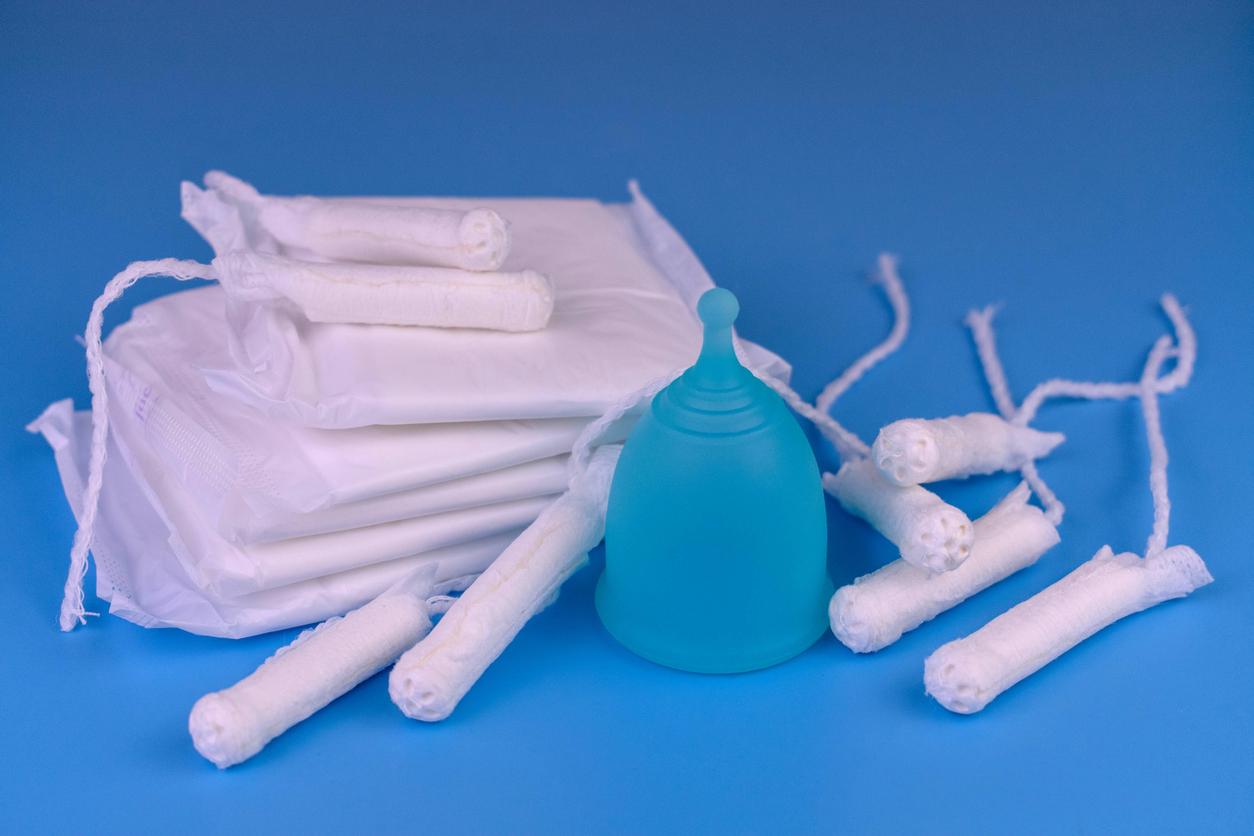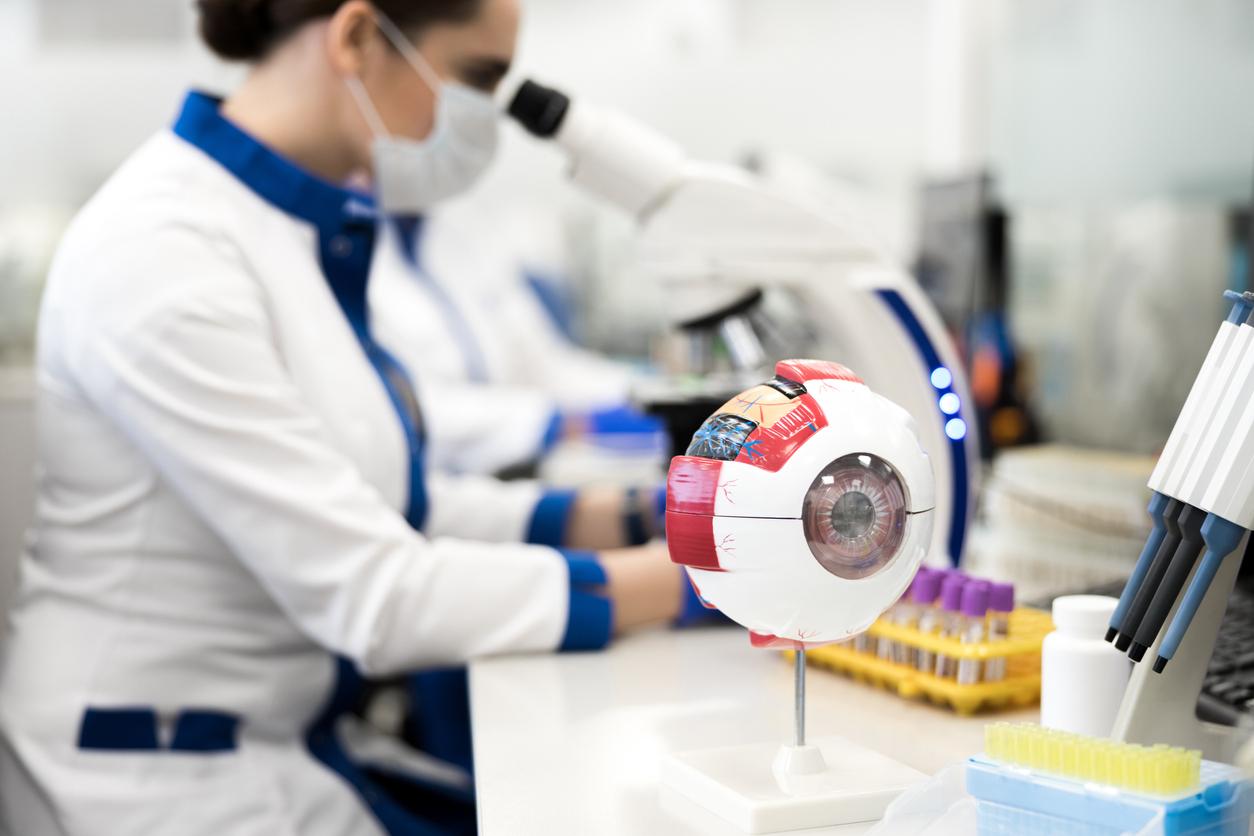What is in our tampons? We use them every month without really knowing what they are made of. And for good reason, no information on the composition is indicated on the package.
It is this strange observation that prompted a young Frenchwoman Mélanie Doerflinger to launch a petition for better transparency on these hygienic products.
This 19-year-old history student at the Sorbonne was deeply marked by the sad story of the American model, Lauren Wasser. The latter had to have a leg amputated after contracting toxic shock syndrome (TSS) caused by the use of a tampon.
TSS is one of the few risks reported on tampon boxes. It is a rare infectious disease linked to the use of these sanitary protections. Their chemical composition can promote the development of a Staphylococcus aureus in the vagina which then enters the blood causing a kind of sepsis.
A growing demand for information from women
Mélanie’s petition has been online since July. If it started by stagnating at 300 signatures, it exceeded the 10,000 mark during the weekend of August 15. Women seem to be aware of this lack of information. Despite the variety of products, impossible to find what they are made of. A box of tampons will signal that a sweet floral scent will accompany us thanks to a scented tampon, but we will never find a list of components.
Contacted by Metronews, the communication manager for Tampax (a brand essentially targeted by the petition) justifies this lack of information. “We respect the French and European legislation in force. Because we belong to the paper industry, we are not obliged to notify the composition of our products on the packaging, unlike food or cosmetics for example. In order to know the exact composition of our tampons, the customer can call our consumer service”, she explains to the newspaper.
In the meantime, brands of organic hygiene products are developing more and more on the market, to meet growing demand from women who want to know what they are using. With this in mind, two students from the University of Dartmouth (United States), interviewed by the Huffington Post, have created their own brand. Lola, a subscription e-commerce company, offers 100% cotton, hypoallergenic, biodegradable tampons guaranteed without bisphenol A. Although this brand is not available in France, pharmacies and organic stores are offering more and more ranges in the same kind. The menstrual cup is also gradually gaining followers.
This claim on tampons is part of a trend to take better care of their bodies for a whole generation of women who are also more attentive to what they eat (increasingly organic) and do more physical activity.
>> To read also:
Overtaxed tampons and sanitary napkins?
Unusual: Woman runs London Marathon without a tampon against period stigma
Intimate irritations: 6 most common causes
Soon a stamp to detect cancer of the uterus?
The taboo of menstruation, a global problem













-1574341106.jpg)


